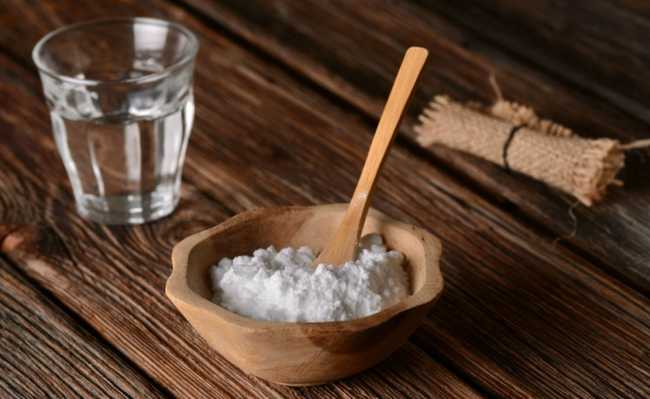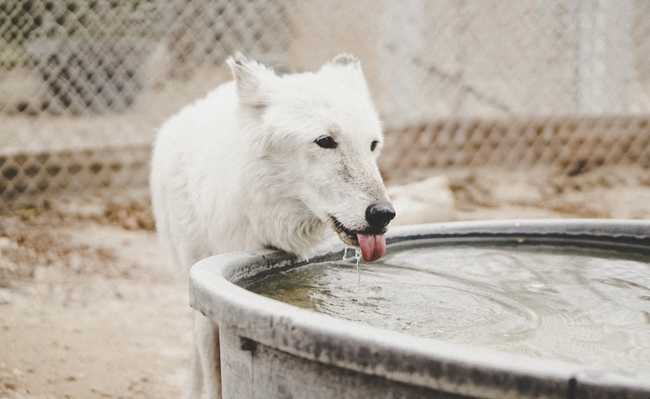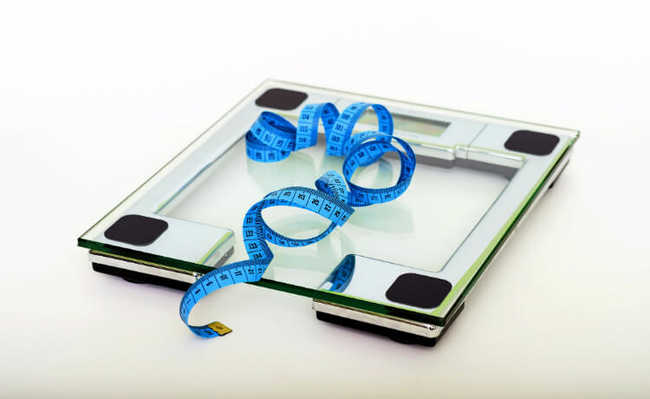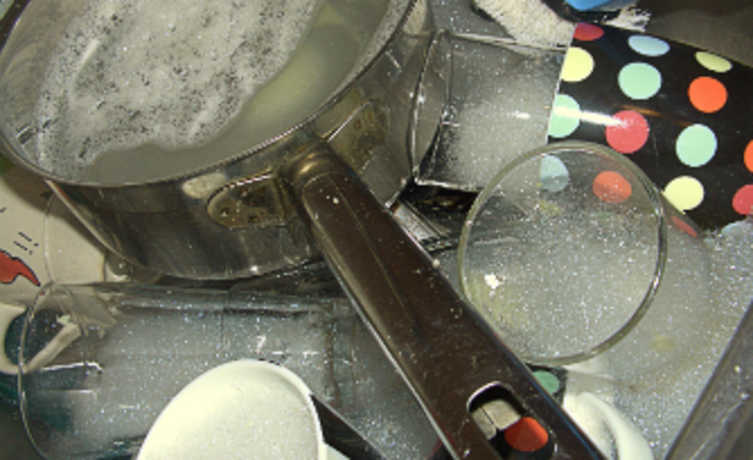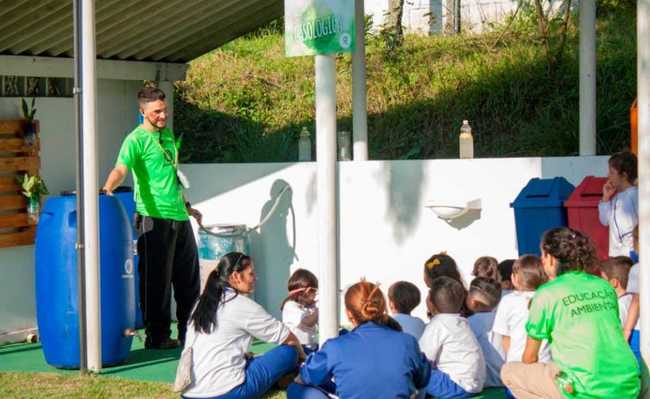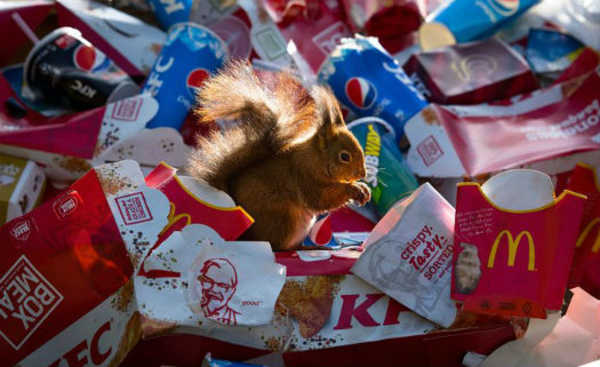Food Crusher: Environmental Pros and Cons
Sanitation company opposes the use of the waste disposal, while the manufacturer refutes accusations and says that use in the sink is safe

The food shredder is equipment that can be installed in the kitchen sink and has started to become popular as it offers a practical and sustainable solution for food waste (vegetables, vegetables, fruits, small chicken bones, among others). When crushing an organic material, it is prevented, with the normal disposal, that it rots in landfills and releases methane gas (which increases the greenhouse effect). The investment to have a food shredder at home varies from R$700 to R$3,000, depending on the brand.
However, controversies arise about the subject. The Basic Sanitation Company of the State of São Paulo (Sabesp) claims that the waste crusher is not a good option in environmental terms. According to the agency's press office, the crusher can increase the pollution of water bodies by greatly increasing the organic load in untreated sewage discharges, as is the case in a good part of the country's municipalities. This would increase the energy expenditure of the treatment company to clean the water.
Another problem would be the clogging of pipes that crushed organic waste can cause. According to Sabesp, food leftovers are likely to join with garbage improperly thrown into the toilets (cigarette butts, razor blades, absorbent pads, diapers, etc.) and all this mass tends to agglutinate with frying oil that is thrown away in the piping (learn how to reuse used cooking oil), which affects the flow of sewage.

The company from São Paulo also claims that the food crusher uses electricity and that it is possible to generate energy with organic waste that is thrown into common garbage through gas released in landfills, as occurs in some locations in São Paulo and Rio de Janeiro.
Other side
The commercial director of the crusher manufacturer Tritury, Augusto Clementino Filho, says that there is no risk that the crushed waste will increase the pollution of water in the pipes because 90% water and 10% waste reach the treatment plants.
Regarding possible blockages, Clementino refutes Sabesp's argument. “The crusher, in addition to its function, which is the crushing of food, puts a lot of pressure on the pipes. And one of its functions is also to eliminate clogging in the pipes due to the pressure it exerts along with the water”, he explained.
Energy use is not a problem either, according to Tritury, one of the pioneers in the manufacture of crushers in Brazil. “If you use five minutes a day, you don't even spend R$5 at the end of the month,” guaranteed Clementino.
Compost
For Sabesp, the best residential alternative is to use domestic composters, which are on sale throughout Brazil and are practical (see the article "Residential composting can be an alternative to organic waste"). The director of Tritury says that “if serious treatment plants were built in cities, all the crushed waste could be destined for composting, which is very common in Europe and the United States, creating a natural and very efficient fertilizer for the environment”. However, companies do not have specific programs for composting.Check out the article about composters and better understand what organic waste is and how the composting process works.



